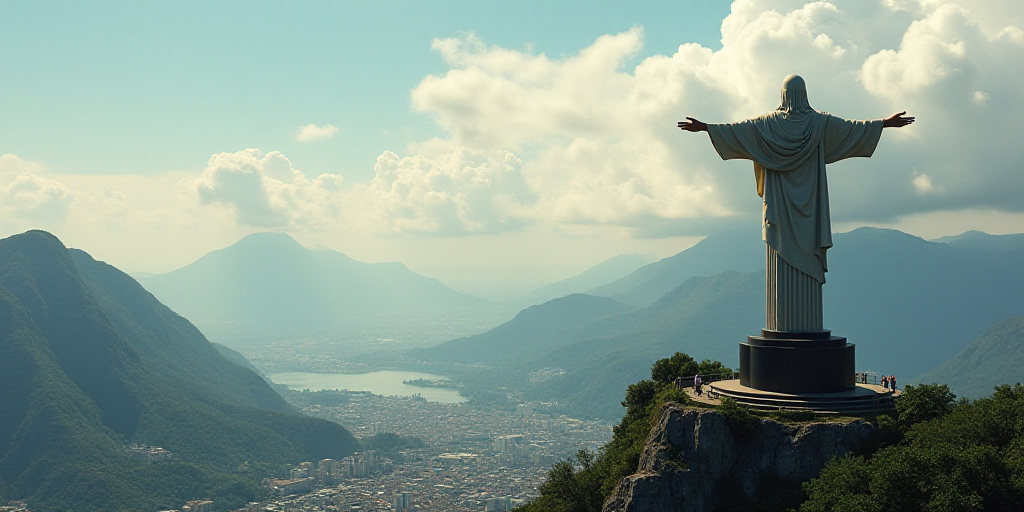Background on the Brazilian Central Bank (BCB)
The Brazilian Central Bank (BCB) is the country’s monetary authority, responsible for managing the nation’s currency, interest rates, and financial stability. As one of the largest economies in Latin America, Brazil’s central bank plays a crucial role in maintaining price stability and fostering sustainable economic growth.
Interest Rate Hike to Combat Inflation
On Wednesday, the BCB increased its benchmark interest rate by 0.5 percentage points, raising it to 14.75%. This is the highest level in nearly two decades, reflecting the bank’s commitment to controlling inflation.
The decision was made by the Copom (Committee for Monetary Policy) during a two-day meeting, marking the sixth consecutive increase in the Selic rate. This move contrasts with President Luiz Inácio Lula da Silva’s stance, who has been vocal about his criticism of high-interest rates.
President Lula’s Criticism
Lula, a left-leaning politician, argues that high-interest rates hinder economic growth by making credit more expensive for consumers and investors. Despite this, the BCB believes that raising interest rates is necessary to curb inflation.
International Factors and Inflation Outlook
The BCB cited an “adverse and particularly uncertain” international scenario, largely due to the United States’ trade policies. The central bank’s decision was further justified by expectations of inflation in Brazil, with the Focus survey indicating a projected 5.5% rate by year-end—well above the official target range of 1.5% to 4.5%.
Inflation and its Impact
Economist Mauro Rochlin, coordinator at the Getulio Vargas Foundation (FGV), summarized the situation: “Inflation remains outside the target, with high service inflation above 6%, and an overheated labor market.”
In March, prices in Brazil rose 5.48% compared to the same month last year. The persistent inflation has contributed to a decline in President Lula’s popularity, with an approval rating of just 24% according to a February Datafolha poll.
Food Prices and Government Measures
Rising food prices have been a significant factor in the inflation surge. In response, the government announced measures such as tariff elimination on imported goods like meat, sugar, and coffee. However, the interest rate hike comes as Brazil exhibits positive economic indicators, including a 7% unemployment rate in the first quarter of 2025—the lowest since 2014—and a 3.4% economic growth rate in 2024.
Key Questions and Answers
- What is the Brazilian Central Bank’s role? The BCB manages Brazil’s currency, interest rates, and financial stability to maintain price stability and foster sustainable economic growth.
- Why did the BCB raise interest rates? The central bank increased rates to combat persistent inflation, which has surpassed 5.48% in March compared to the same period last year.
- How has President Lula responded to the interest rate hikes? Lula, a left-leaning politician, has criticized high-interest rates, arguing that they hinder economic growth by making credit more expensive.
- What are the current economic indicators in Brazil? Despite inflation concerns, Brazil has shown positive economic signs with a 7% unemployment rate in the first quarter of 2025 and a 3.4% growth rate in 2024.






